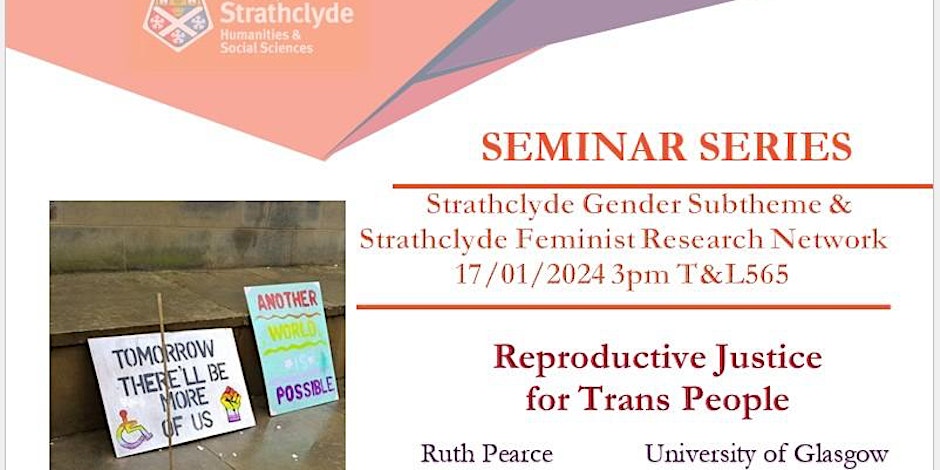By Ruth Pearce, Sally Hines, Carla Pfeffer, Damien W Riggs, Elisabetta Ruspini and Francis Ray White. Cross-posted from the Trans Pregnancy blog. An article based on this piece has been published in The Conversation.
On Wednesday 25th September the UK’s High Court ruled that Freddy McConnell, a man who gave birth to his child, does not have the right to be registered as a “father” on his child’s birth certificate. The court also ruled out the possibility of registering him simply as the “parent”. McConnell, who is trans, has indicated his intention to appeal.
We feel that this is a disappointing outcome, with concerning consequences for the dignity of trans parents and the safety of their children. The law will continue to require that people who give birth to a child in the UK are always registered as the “mother” – even if they are legally men. For example, McConnell’s legal team noted that, “Freddy is legally a man and his legal papers display the same.”
Most importantly, the verdict wrongs the human rights of the complainant and his child, through failing to provide them with consistent legal documentation and intruding on their privacy. More widely it is wrong in terms of its failure to legally recognise diverse family forms and contemporary practices of intimacy, which question traditional gendered reproductive certainties.
Yet, paradoxically, the ruling brings into being a new legal category of “mother”, which is based on reproductive experience, rather than the traditionally sex/gendered body. From today, a ‘mother’ is not defined through binary sexed characteristics. And so, a man may be a a mother as much as a woman.
Judge Sir Andrew McFarlane is explicit on this point in his ruling. For example, in his concluding comments, he states that, “the term ‘mother’ is free-standing and separate from consideration of legal gender, thus in law there can be male mothers and female fathers” (noteably, there is no distinction between “sex” and “gender” in UK law).
This is why legal cases around gender recognition are so important. Even when they seem to fail the individuals who bring them to court, they very often also radically chip away at normative understandings of gender in unforeseen and unintended ways. Such paradoxes and contradictions are subsequently brought to light, unpacked and, very often, readdressed at appeal stages.
McFarlane’s ruling, then, may be seen as the first step in the legal undoing of binary understandings of reproduction and gender, sex and the body, wherein all families of all genders and all bodies will be recognised.
This is particularly important for the trans and non-binary birth parents we have spoken with for this research project, who seek forms of legal recognition that are consistent with how they experience gender in their everyday life.

Promotional image from the film Seahorse. Photo by Mark Bushnell.
Continue reading →





